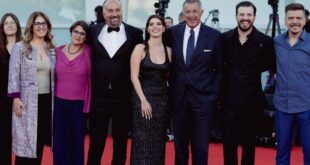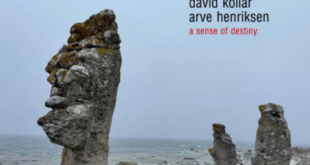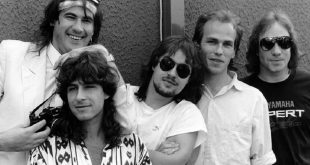The Greek composer and Yes’s historic vocalist Jon Anderson are remembered for their unforgettable duo project, between history and nostalgia of an unrepeatable symbiosis
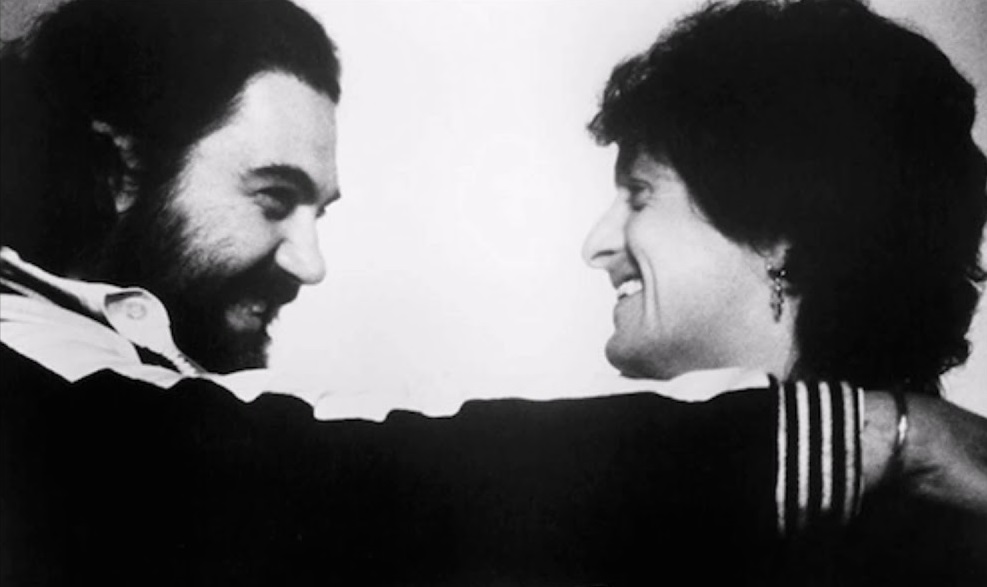
by Fabrizio Ragonese
Vangelis and Jon Anderson are two guys for whom it would be necessary to write two separate articles, each of which would take a lent, and which would in the end be reductive and incomplete. The reason is simple: the first changed the world of electronic music forever, merging it with symphonic music and taking it to horizons that no one had ever touched before, so much so that it became a genre in itself, in my humble opinion: on one side all the various electronic musicians, soundtrack composers, and so on: on the other side him. The latter wrote a fundamental page (perhaps more than one) of progressive music, both with Yes and on his own, thanks to his unique and unmistakable voice, perhaps the most beautiful in prog, and to his extraordinary creativity, an absolutely complete artist, always impeccable. Yet in this article I don’t want to talk about the two of them. At least I don’t want to talk about them individually. I want to talk about the two of them together.
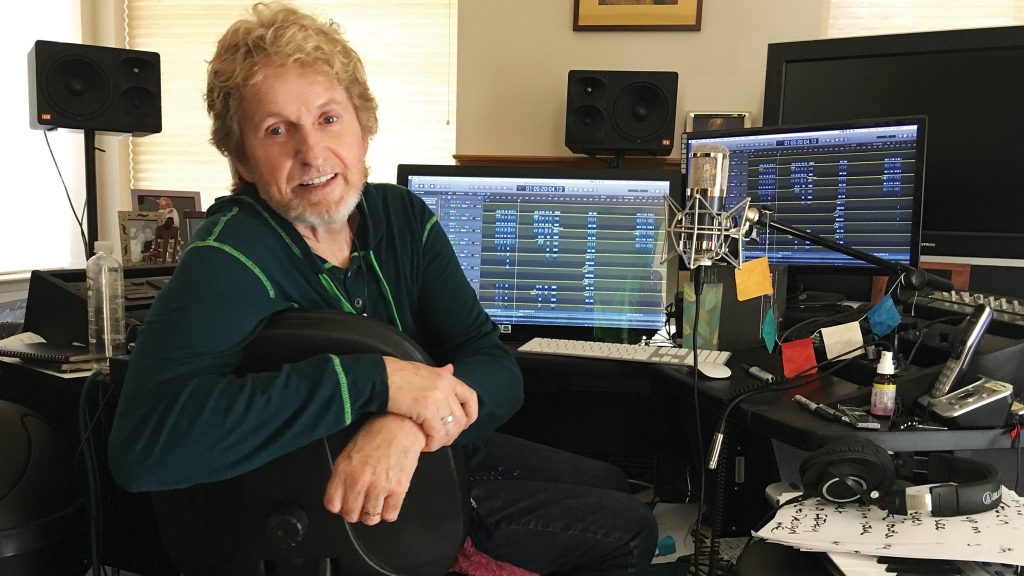
That’s right, because not everyone knows that these two have experienced a short but intense period of happy artistic collaboration, which, although it has not produced any song that has entered the collective imagination, has produced a small treasure chest full of hidden treasures, absolutely unmissable for lovers of the genre. Don’t be afraid: if you like one of them, you’ll also like them together (we bet?).
It all started in the first half of the 1970s, when Anderson listened to Vangelis’ Apocalypse des animaux and was fascinated, so much so that he wanted to meet the legendary Greek keyboard player in person at his home in Paris. The meeting, according to Anderson, was rather bizarre: ‘He opened the door, a big man with a long caftan and a bow and arrow on his shoulder,’ he says. “I walked into his sumptuous flat near the Champs Elysees. There was a long corridor and he shoots an arrow through an open window. I said, ‘Vangelis, you could have killed someone’. He replied, ‘Oh, don’t worry, I’m Greek'”. Bizarre things aside, from that meeting a very strong artistic understanding between the two was born, and the moment seemed propitious: in 1974, in fact, keyboardist Rick Wakeman left Yes and Anderson invited Vangelis to replace him. The project didn’t work out because of the different artistic views between the Greek musician and the British band, but it marked the beginning of the collaboration between the two, initially sporadic, then more and more important, until it became a real musical project that led to the production of 4 albums between 1979 and 1991, plus two collections of hits.
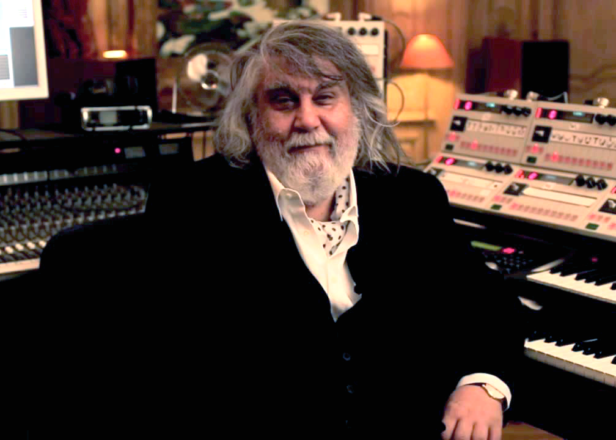
Their first collaboration was on Vangelis’ 1975 album Heaven and Hell, where Anderson sings (superbly) on So Long Ago, So Clear. Anderson also appears on the 1979 album Opera Sauvage, where he plays harp on the track Flamants Roses, and again on vocals on the album See You Later (1980) in Suffocation and the title track See You Later.
In February 1979 they began recording their first album, Short Stories, which was released in January 1980. The reviews are contrasting: there are those who define it as a daring and original album, and those who will label it as a confused jumble, the result of the union of two individualisms rather than a real artistic collaboration, where Vangelis prevails too much compared to Anderson, so much so that some came to define it as a solo album by Vangelis himself. Maybe it’s a bit “immature”, in fact, but there are some interesting ideas, such as the pleasant Each and Every Day/Bird Song, or the equally beautiful The Road, which let release all the magic of Anderson’s vocals combined with the sumptuous arrangements of Vangelis. But the “pearl” of this album is definitely I Hear You Now, which was released the previous year as their first single: a song that I find hard to even describe, such is its melancholic beauty, imbued with a sweet freshness and a gentle vitality, not disruptive but equally disarming, a sort of musical portrait of the two musicians, always able to conquer their respective audiences without excess or extravagance, two sober, elegant and pure talents: a song with a simple and direct arrangement, almost minimalist especially when compared to the pompous electronic-orchestral arrangements to which Vangelis has accustomed us, yet extraordinary in its simplicity.
I don’t know about you, but every time I listen to it I can’t do anything else; I simply have to stop and enjoy it until the last note. It certainly already hinted at the enormous creative potential that the two musicians were capable of expressing. In this regard, Anderson says that the recording sessions for their albums were quite unusual, as there was no real writing or composing work, instead leaving total freedom of action to the creativity and spontaneity of both. They would meet at Nemo Studios in London; usually Vangelis would start improvising on synthesiser, and Anderson would at some point follow him on vocals. That was it. Unbelievable. But that was the magic of the duo: on the one hand, Vangelis’s ability to create absolutely incredible pieces from relatively simple melodic lines. On the other, the instinct and innate creative vein that only a prog musician could have.
This album was followed by The Friends of Mr. Cairo, released in July 1981. There are two editions of this album, the first one with a black and white cover and the second one (more famous) with a colour cover and the addition in the track list of I’ll find my way home, given the enormous success it had obtained as a single. This song can be considered in its own right as the first real hit of the couple: a song in which the two musicians this time complete each other, without overpowering each other, but merging into a perfect synergy, like the innate and gentle beauty of this song, with its delicate harmony and catchy refrain, able to enter your brain after a few minutes of listening, something that usually happens with a commercial song: when it happens with a song that can be defined anything but commercial, then it means that it is a masterpiece. In short, another jewel of absolute value.

The video of the performance at Top of the Pops in 1982 is also beautiful. In this regard, Anderson says that Vangelis was initially reluctant to perform on the famous music programme, but quickly changed his mind after the good Anderson mentioned the cachet that the production had agreed upon for them. Equally noteworthy is the other driving single of the album, State of Independence (later reinterpreted by Donna Summer), a lively and dreamy march that perfectly exemplifies the typically naive and spontaneous character of most of the duo’s compositions; just think that almost the entire song is developed on just two chords that hypnotically repeat themselves for 8 minutes, and the rest is just instinct, freedom, poetry.
I’m still convinced that if 90% of the bands of that time, as of today, had tried to do something like this, they would have produced an unlistenable whine, but in the hands of two like them it becomes pure magic. The album got much better reviews than the first one, and marks the definitive maturity and affirmation of their artistic collaboration (which obviously added to the one already achieved on an individual level) on the music scene of the early ’80s.
In short, finally Jon & Vangelis have found the right balance, the direction is right, the conviction too, and the desire to continue is great: After a break of one year, in 1983 the third album, Private Collection, was released, also with its “pearl”, which in this case is the single Italian song, a song entirely structured on an ethereal arpeggio and if we want a bit “Cocciantesque” (Cocciante is only one of the many artists with whom Vangelis collaborated, and the inspiration in this song appears quite evident), and embellished by the divine interpretation of Anderson, who here reaches melodic heights almost unreachable for others.
Also very beautiful is Deborah, a delicate piano ballad in which one can appreciate the superb fusion of Vangelis’ instrumental talent and Anderson’s vocal one; chilling. Finally, the very long Horizon (almost 23 minutes long!), a very metrically free track, (the spontaneity I mentioned before), eclectic and kaleidoscopic, absolutely indefinable: It starts with a synth pop that sounds so much like Blade Runner, also masterfully interpreted by Anderson, and then moves on to a celestial triumph of electronic pads, which in turn give way to a melancholic piano arpeggio; then the electronic pads return and Anderson’s voice returns, as beautiful as ever; finally Vangelis takes the stage, with his typically dramatic and classical style that accompanies Anderson’s majestic finale. Absolutely delightful. This album was also well received, and the time was ripe for the release of a first collection of hits in 1984.
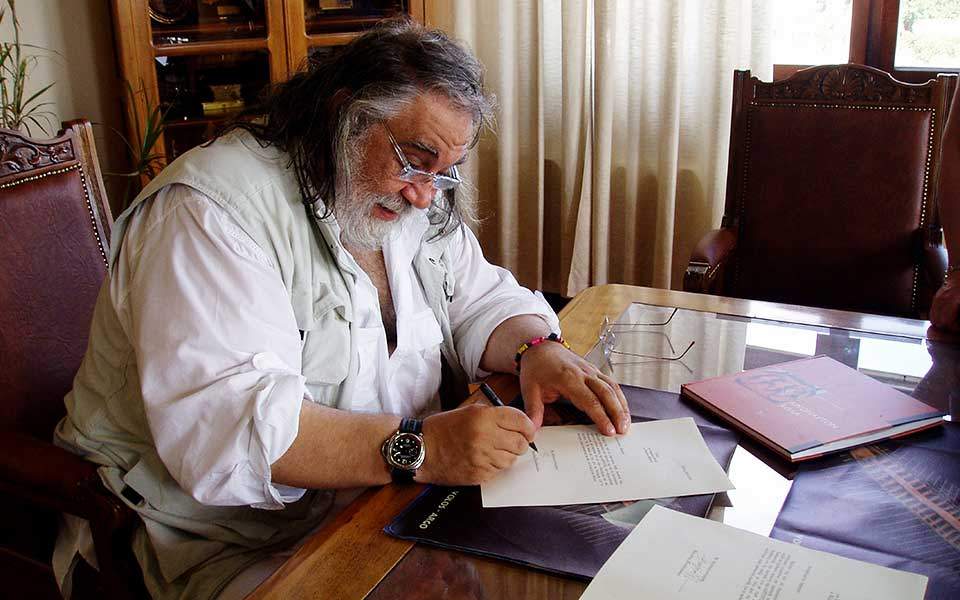
At this point the collaboration between the two suffered a first setback: Anderson in fact participated in the reunion of the revived Yes with the new line-up, which returned to the limelight with the legendary album 90125, also released in 1983, and which saw Anderson return on vocals; the enormous success of the single Owner of a Lonely Heart and the subsequent triumphant tour led to temporarily interrupt the collaboration with Vangelis, except for Anderson’s single Easier Said Than Done in 1985, for which Vangelis wrote the music. In 1986, the two met again in the studio, in Rome and Athens, to start recording their album Page of Life, which would only be released in 1991.
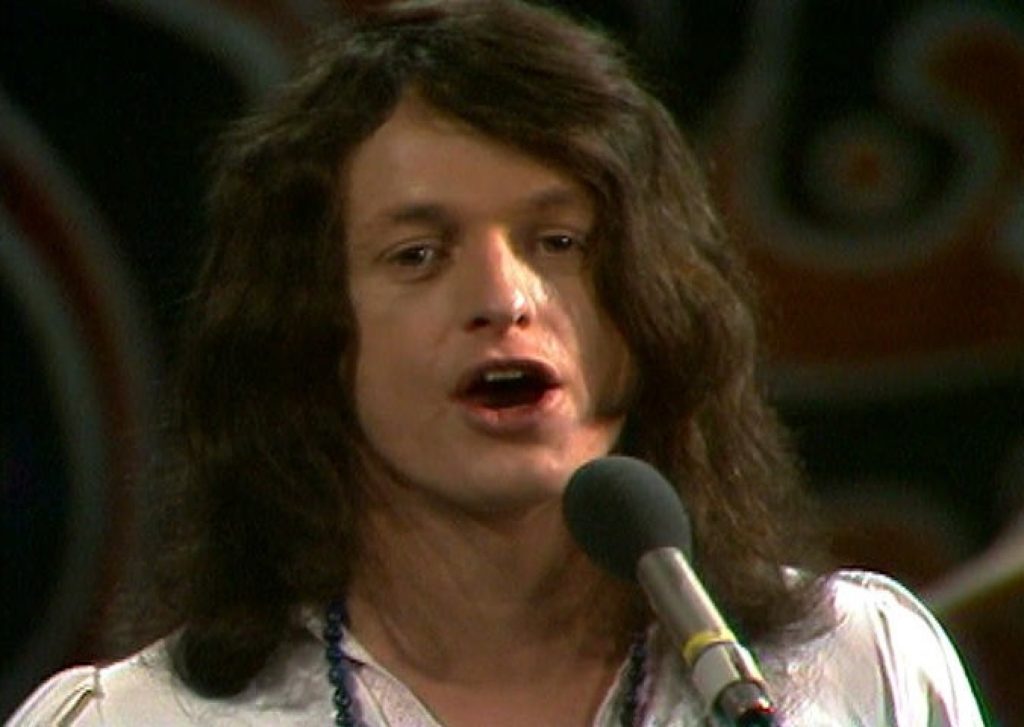
For me, this album represents the highest artistic peak ever reached by the two musicians: a mature, spiritual and practically flawless record, an eclectic album that combines pop, symphonic, new age and electronic music and blends them in a unique and unrepeatable synergy, giving rise to an extremely varied musical landscape enhanced by Anderson’s passionate lyrics, unusually romantic in this album. To be savoured slowly until the very end. The album could have marked Jon & Vangelis’ big comeback eight years after their last work and perhaps initiated a new creative phase, but instead it remains their last album to this day.
Unfortunately, Vangelis has never been one to make long-term plans with, because he’s always done something as long as he wants to do it: that’s how it was with Aphrodite’s Child, and that’s how it was with Anderson; the British musician reports that the last time they talked together, Vangelis told him he was “tired of Jon & Vangelis and tired of the business”. End of the story. Since then, there has been absolute silence between the two, despite Anderson’s numerous attempts to re-establish relations with the Greek musician, who has always been unavailable, refusing any possible reunion with the British singer. Even recently Anderson declared that he had made a last, desperate appeal to Vangelis to ask him to get back together just one last time. Nothing. Zero response. Not even to simply say ‘no thanks’.
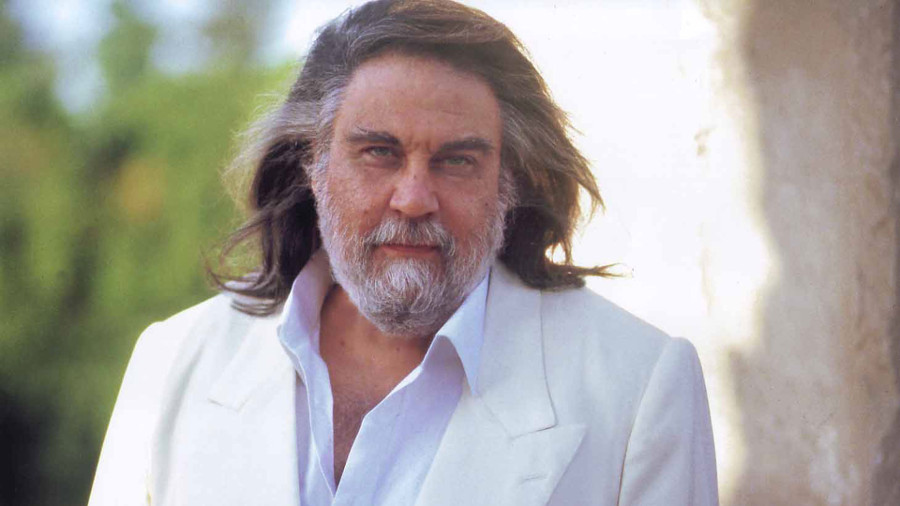
Various hypotheses have been made about the reason for this coldness of Vangelis towards Anderson, but the most accredited seems to be an episode dating back to 1998: in that year, in fact, Anderson re-released Page of Life for the American market, modifying the cover and the track list; it seems that Vangelis didn’t like this commercial operation very much, considering it evidently an abuse of Anderson on something that belonged to both of them, and that he would have treated as if it were his private property, without even consulting him. After Page of Life, Anderson released a series of tracks from the recording sessions of the album, but these would be combined under various names: Anderson’s Change We Must (1994), ABWH’s Let’s Pretend (1989), and so on, all with lyrics by Anderson and music by Vangelis. For the rest, only the publication of the second collection of hits, Chronicles, in 1994 should be mentioned. As I mentioned before, there is no question of a reunion. Vangelis continues to be a ghost for Anderson. Who knows if one day he will change his mind (frankly, I doubt it).
In any case, we all owe a huge “thank you” to these two gentlemen, two legends of music who came together quite by chance, and who were able to give us genuine emotions without making noise, without excesses, and above all without inventing anything, simply doing what they knew best. Given the results, I would say that they succeeded divinely. Only they could do what they did in the way they did it. With someone else it probably wouldn’t have worked, or at least it wouldn’t have been the same, I’m convinced of that. Vangelis once said that nowadays you turn on the radio and five minutes later you need an aspirin (true words, and don’t say it never happened to you!). So, the next time it happens to you, do yourself a favour: refresh your ears. Listen to Jon & Vangelis.
 Mediafrequenza Attualità, cultura, sport, spettacolo
Mediafrequenza Attualità, cultura, sport, spettacolo
